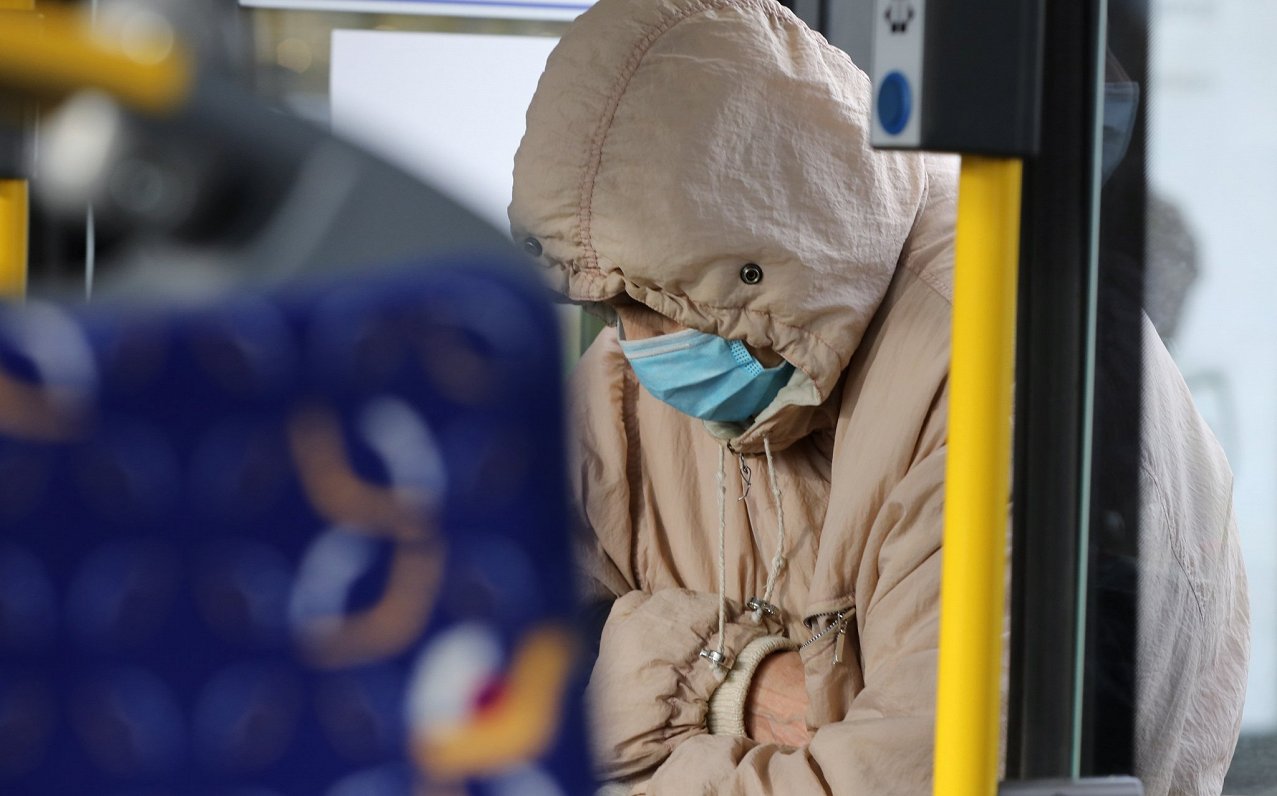She stressed the need for the involvement of scientists and the gathering of knowledge for day-to-day decision-making, which she believed was not present at the moment, because neither the government nor the Ministry of Health is a group of scientists.
Olsena said that specialists in different areas - medical professionals, social science experts, lawyers, anthropologists, psychologists - could better assess how to organize people's behavior.
Such a working group should be formed as soon as possible and be present permanently, she said.
Olsena explained that decision-making required knowledge not only about the virus, but also about the ways people handle crises.
She also explained that people's actions to limit the virus aren't enough if people know little about why certain things need to be done if it lacks scientific justification. Olsena pointed out that government decisions and documents don't include this particular scientific rationale.
“If people do not understand what we are going to achieve, it is difficult to get them to act,” explained the professor.
She also pointed out that, for example, there was good scientific justification for the use of masks, while facial shields did not really have any because the virus spreads through micro-droplets.





























